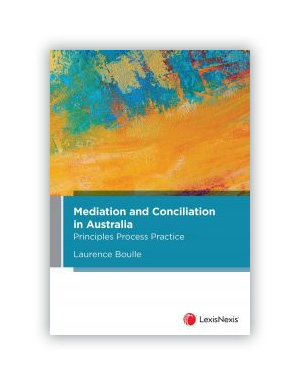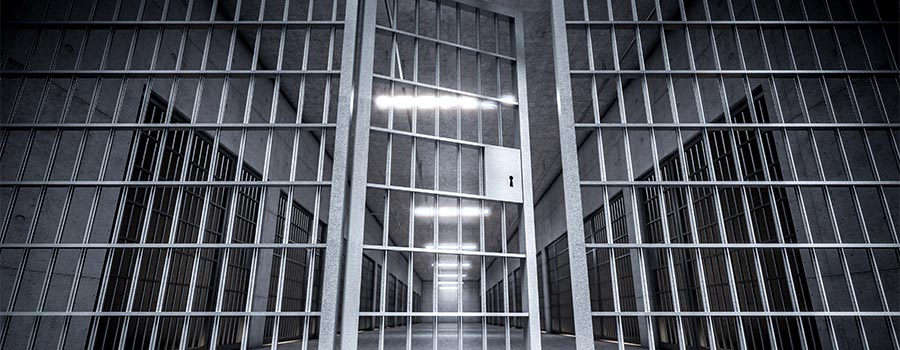
Restorative Mediations for Your Workplace

What is Restorative Mediation?
A Restorative Mediation is a hybrid conflict resolution process combining a restorative intervention and a facilitative mediation. The process occurs over 2 consecutive days; with the individual sessions on the first day and the combined session on the second day. The combined session is a structured process affording optimal safety and designed to give participants the best possible opportunity to resolve the conflict between them. The results speak for themselves!
Originally influenced by Nelson Mandela’s Truth and Reconciliation Commission in South Africa in 1994, Ruth Levy developed the Restorative Mediation model by combining her legal, human resources and psychotherapeutic skills as well as her lived experience.

Since 2015, she has presented at numerous conferences on the model which was recognised as a dispute resolution process in the 2023 edition of Professor Laurence Boulle’s textbook:
Mediation and Conciliation in Australia - Principles, Process, Practice
Principles underlying a Restorative Mediation approach
- We are less likely to genuinely move forward from conflict until we are able to understand how we got there in the first instance;
- We become stuck in the narrative of our version of the conflict which is made up of some facts overlaid with feelings, thoughts, perceptions and assumptions; and
- If we don’t take any responsibility and believe nothing is our fault or only blame the other, we are powerless to change anything and are stuck waiting for the other to fix it; and
- What do we have to gain or lose by holding onto our version of the conflict and how is this serving us in the long-term?
Restorative Mediation provides:
- A remarkable opportunity to self-correct without fear of repercussions;
- An occasion to separate the person from their behaviour through appreciating the intrinsic value of the other;
- An opportunity to reset the emotional tone between the participants which impacts those around them;
- An opportunity to reset the narrative of blame between the participants through self-reflection and accountability;
- A safe and confidential space to face the other person through a structured supervised process;
- An opportunity for the participants to identify agreed behaviours and actions in order to move forward; and
- A pathway for the participants to lay new foundations for developing trust and respect over time.
Following a Restorative Mediation, participants describe experiencing an immediate sense of relief as underlying issues have been unravelled and examined. This inevitably improves their level of morale, engagement and productivity which is tangible by the rest of the team and within the broader organisation.

